Ethics and etiquette: the relationship of concepts

The concepts of "ethics" and "etiquette" are quite close, so many confuse these categories, the names of which, moreover, are very similar. To avoid such unpleasant mistakes, you need to figure out what is the subject of ethics and what is etiquette, what is the difference and where these two areas converge. To do this, one should first turn to the origin and development of concepts and trace the stages of qualitative changes in their understanding.
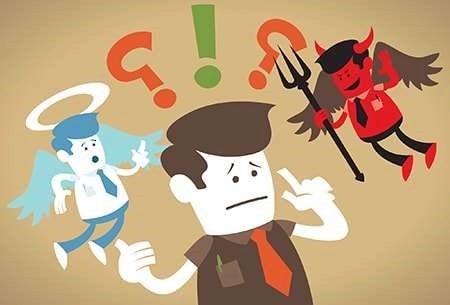
What it is?
Both are an integral part of social life, a generally accepted or tacit form of regulation of relations between people. The norms and rules of behavior in society, the understanding of responsibility for their actions and the distinction between right and wrong are instilled in everyone from childhood.
In the process of growing up and forming a personality, some norms may be deformed or considered by a person to be optional. The problem lies in understanding which norms are of a recommendatory nature, and behind which there is a tough taboo.

The origin of the concept "ethics" is ancient Greek, from the word ethos, which means "disposition, habit, custom." The philosopher Aristotle was the first to speak about it, introducing the category into everyday life. He also singled out ethics as an independent section of practical philosophy, although initially its subject was slightly different from modern understanding.
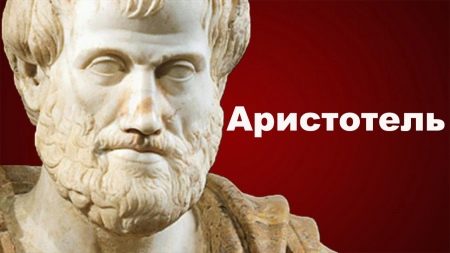
Approximately until the modern era, ethics was considered the science of the soul and nature of man, the reasons for his actions and ways to achieve a certain ideal perfect state, that is, it included the fields of psychology, anthropology, natural philosophy and social philosophy. Subsequently, ethics diverged from related disciplines and focused on its main subject - the study of morality and ethics.
Ethics aims to solve several basic problems. First of all, it is the distinction between good and evil, right and wrong, acceptable and unacceptable. Further, the question arises of the dichotomy of the right and the desired, that is, the problem of a person's moral choice. And this already implies the need to understand first with free will, whether it exists, whether it is inherent in a person initially or is formed in the process of development, and whether the individual is free to control it himself.
In a broader, universal sense, ethics includes, among other things, reflections on the meaning of life, the search for the purpose and essence of human existence.


Morality and ethics
The leading objects of consideration of ethics as a theoretical discipline are the categories of morality and ethics. This inseparable couple is still the subject of controversy and discussion about their boundaries, essence and definitions. The currently generally accepted concept boils down to the following definitions:
- Morality (from Lat. moralis, which means “touching, pertaining to morals”) is defined as a way of normative, accepted in a certain society, forms of action and behavior.
- Moral it is a more subjective concept and refers primarily to the method and norm of the individual's internal self-regulation, based on his free will.


So it is clear that the norm of morality is social, characteristic of a certain society and protected by it. You can talk about the morals of different peoples and different social groups, which sometimes differ strikingly from each other.
For morality, there must be some kind of social institution that evaluates the behavior of its members and marks it as appropriate or inappropriate.
Morality, on the other hand, refers to the inner convictions of a person and is controlled by the exceptional by his own conscience. In this case, the individual must achieve a certain level of self-awareness, self-organization and responsibility for the actions or inaction, in order to determine for himself the boundaries of what is acceptable and correct.
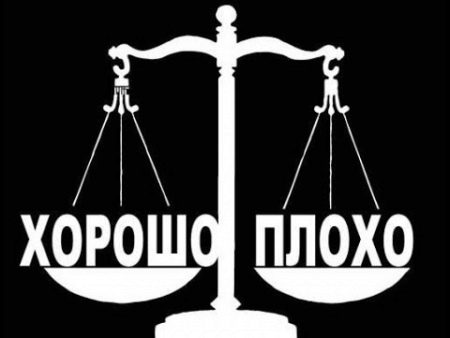
Etiquette
Despite the fact that the very concept of "etiquette" was formed relatively recently (by the standards of philosophical terms) - in the 17th century, in one form or another, all peoples have had an idea of it since the formation of the most ancient civilizations. A strict ceremony was adopted in ancient China and Japan, the ancient Greeks and Romans followed the generally accepted canons of behavior, even the semi-savage nomadic peoples had an internal hierarchy and a number of traditional rituals. At the time of the formation of absolutist monarchies in Europe, it was the tricky court etiquette that finally separated the nobility from the common people.
In the modern world, etiquette is understood as a set of rules of conduct adopted in a particular society, defining the boundaries of what is permissible and unacceptable and regulating a certain sequence of actions in typical situations. These rules in most cases are rather advisory, unofficial. However, if they are not observed, society can apply various types of sanctions to the violator, ranging from lowering the interpersonal rating to complete rejection from the group.
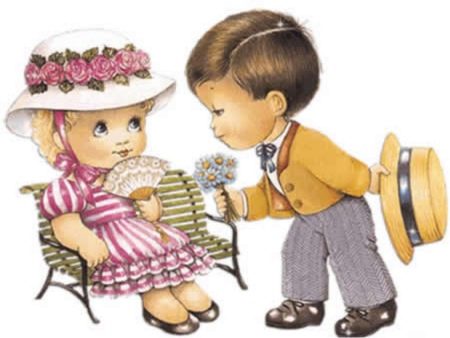
Obviously, there are differences between the norms of etiquette of different peoples, eras, cultures and social groups. Several types can be conventionally distinguished:
- Business Etiquette;
- secular;
- professional;
- ceremonial;
- ritual;
- situational.
All these types are interconnected, and the norms prescribed in them often overlap.


Common constituents
From all of the above, it clearly follows that both disciplines determine the norms and laws of social interaction, stabilize and regulate relations between people.Etiquette is often singled out as an independent subsection of applied ethics, that is, that part of it whose tasks include studying the methods, consequences and problems of the practical application of moral dogmas. Sometimes etiquette is even called "small ethics", wanting to emphasize the existing relationship between them.
The rules of etiquette, in one form or another, are based on the laws of desired behavior developed by society, contributing to a comfortable and pleasant solution to a particular situation for all parties.
The ultimate goal of etiquette is to create at least the appearance of a cultured, intelligent and conflict-free society. In a broad sense, this entire regulation is based on the idea of a correct, conscious, reliable individual, focused on productive and positive joint activities. And all these problems are already a direct field of ethical consideration.
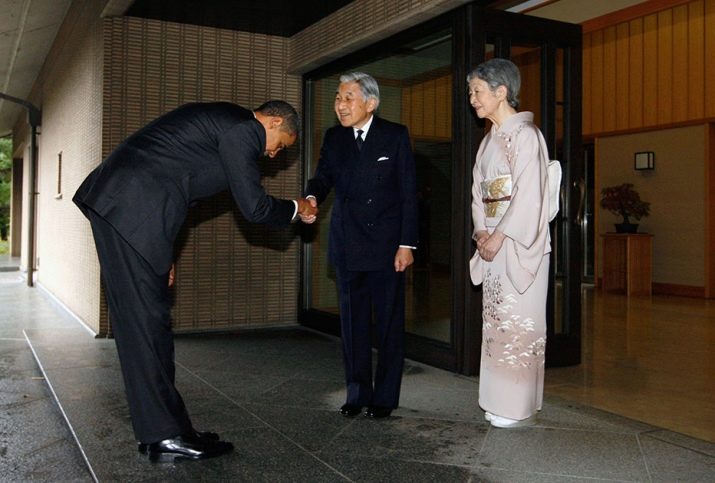
Difference of concepts
Despite numerous similarities, the subject of ethics is much broader and more voluminous. Many fundamental ethical issues, for example, good and evil in human nature, freedom of choice and responsibility for it, the problem of moral choice and personal conscience, are completely alien to etiquette. The main thing in etiquette is formal adherence to the rules, rather an external action than the internal state of the person who performs it. The difference in ethics is in a more sensitive, deeper attitude to the human soul, its impulses, rushes and development.
Moreover, since the sphere of competence of ethics is more global, then the responsibility for violation of its norms is much more tangible. If a person who has violated etiquette is considered, at most, uneducated and uncivilized, then the one who crossed the boundaries of the ethical will be called immoral, immoral or even inhuman. Some fundamental moral norms are so important for the very existence of society that they are spelled out in regulatory documents and protected at the state level.
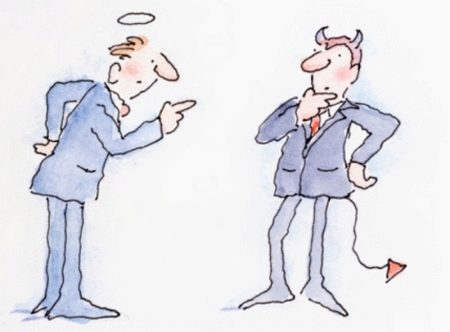
Code of practice
The main rule of ethics, it is the golden rule of morality, is known to everyone: "treat others the way you want to treat you." In other words, an ethical attitude towards the world should begin with the formation of the moral core of the individual himself. A person who is not moral, unable to distinguish between right and wrong, to squander his interests for the sake of duty and justice, who does not know how to be guided by the ideals of honor, dignity and conscience, is simply not capable of becoming a bearer of morality.
The ratio of morality and ethics in ethics is inextricably linked with constant self-improvement, hard and regular internal work.
The norm of etiquette is manifested in the correct situational behavior, adequate and predictable reactions for other participants in the interaction. At the same time, the internal state of a person, his desire or unwillingness, consent or protest against these norms are not taken into account. Business, family and friendships are based on the observance of a certain etiquette.

Standards of ethics and etiquette do not always coincide with each other. Violations of interpersonal regulations, non-compliance with the rules of behavior at the table, the use of inappropriate vocabulary and other minor inconsistencies with the norms of etiquette do not always conflict with the ethical core of the individual. Mostly because they are too insignificant and fleeting. On the other hand, a person can deliberately violate generally accepted norms of behavior, act unpredictably and incorrectly, from the point of view of etiquette, wishing to thereby emphasize his disagreement with the foundations, to show a moral position.
For what good manners are and why they are needed at all, see the next video.








